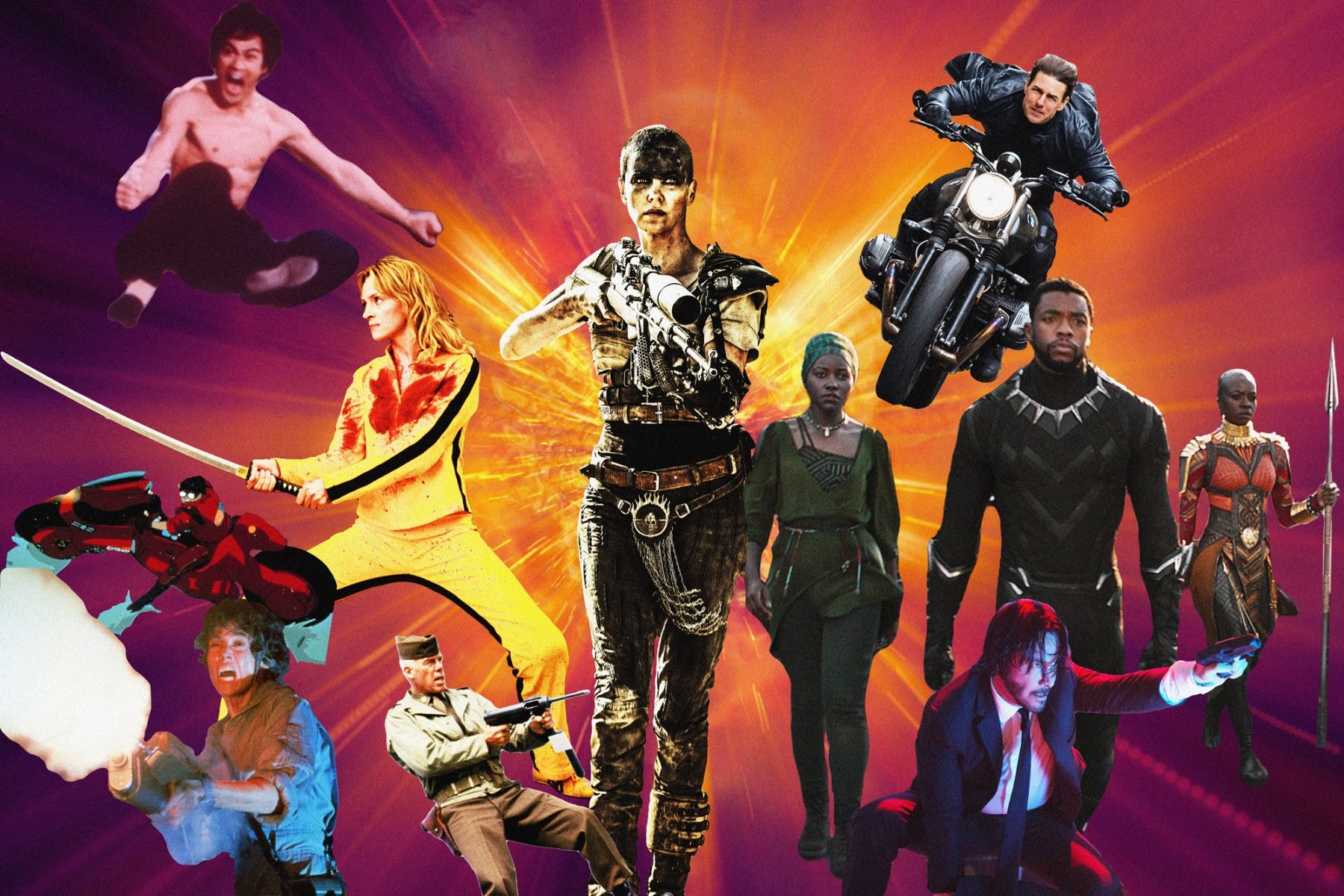‘I Have You With Me’: A Love Tale, With and Without Borders
To Heidi Ewing, these were basically Iván and Gerardo, a longtime few who owned dining places in NY, liked to move nderful business to be around. That they had fulfilled in Mexico in 1994. Iván acquired a boy and aspirations to become a chef. Gerardo experienced developed on a cattle ranch in Chiapas and proved helpful as a instructor. He spotted Iván, closeted at that time, in a gay bar and attracted his interest with a laser beam pointer. These were very young after that. Now they were wedded, and middle-aged, and settled down.
Both males had endured too much to obtain to where these were now, needless to say — even though it’s a cliché to state that everyone includes a tale, and that those tales are rarely Point-A-to-Point-B basic, Ewing identified that Iván and Gerardo’s journey to the moment was filled up with marks, sacrifices, setbacks, regrets. It turned out joyous, and it have been tough. Having produced documentaries alongside her innovative collaborator Rachel Grady (The Males of Baraka, Jesus Camp, Among Us) for near two decades, she begun to entertain the thought of performing a film about her buddies. Ewing’s solo outing began as a typical nonfiction task, and in a few alternative universe, there exists a textbook Dateline-with-advantages–style doc about how exactly both of these Mexican immigrants held the flame of these love burning.
I doubt, nevertheless, that it might be as efficient or touching as what the filmmaker ultimately do to honor their connection. A variety of re-creations, portraiture, and poetry, I Have You With Me is really a free-form look back again at Iván’s and Gerardo’s lives collectively and apart, along with winding its method through their individual encounters growing up and getting older. It is possible to rewind back again to that first experience, because the twentysomething Iván (performed by Armando Espitia) notices a reddish colored dot relocating along his hand, after that zeroes in on the handsome youthful guy (Christian Vazquez) over the space who’s in charge of lighting him up. It is possible to hear their cruising conversations, tentatively feeling one another out in a back again area, and see their initial kiss. You can know all of them: Iván is scared that his child’s mom will forbid him from actually seeing his child once again if she realizes about his magic formula, while Gerardo pals around along with his out-and-proud close friends in Puebla’s gay picture. They both possess traumatic childhood remembrances involving shame, concern, and their parents when it comes to their homosexuality. As soon as Iván ultimately decides to cross the border to check out opportunities in the us, they both need to adjust to getting immigrants in a nation that doesn’t constantly treat them with regard or dignity.
It’s just how that all of the seamlessly flows jointly — transitioning from, say, a go of Espitia strolling along a back again road at night to the true Iván getting into the subway in the low East Side — that turns Have into something besides a just-the-facts-ma’am recounting of these romance or perhaps a moving-picture scrapbook. The opportunity to collapse time is among the major weapons in cinema’s arsenal, and alongside co-writer Alan Web page Arriaga, cinematographer Juan Pablo Ramírez, and editor Enat Sidi, Ewing instructions us from that 1st meeting to present-time musings, isolated occasions from their youth, a brief history told in fragments. You can find familiar elements here, which includes a perilous trip over the desert with a coyote and Iván’s buddy Sandra (Michelle Rodríguez), and a reminder that for therefore many people of the LGBTQ neighborhood, threats of ostracization or random dislike crimes have become real. Gerardo’s spirit-crushing job interview while initially attempting to enter the U.S. and Iván’s inability to come back to Mexico to discover his child speaks from what undocumented employees have endured, especially in the last five years; a short clip of his now-grown boy thinking when, or whether, he’ll find his dad again will be heartrending. (It’s the main one aspect of their tale that you want the film explored just a little deeper.)
However the overall feeling here’s ethereal, dreamy, moody, memory-like — a far more user-helpful Terence Malick vibe. This is a gorgeous movie, and one that has a right to be noticed on a huge screen just as much as that other only-in-theaters discharge this weekend break, F9. And also when I Have You With Me will become so dropped in its aesthetic that you get worried it’s losing concentrate, this impressionistic method doesn’t eliminate from what’s a romantic, extremely personal tale of two guys fighting to create a life with one another. If anything, it provides an element of psychological voltage that gets at night ceiling of headlines and audio bites that characterize discussions about these problems. Werner Herzog famously invoked a concept of “ecstatic truth,” where documentaries downgraded an adherence to stringent reportage and only something “mystical and elusive … reached just through fabrication and creativity and stylization.” Ewing’s movie is really a stunning exemplory case of when that idea really works. It’s a tale that touches on therefore a lot of things, and arguably results in out just as much as it offers, yet never, actually loses sight of both people at the biggest market of it.




Recent Comments